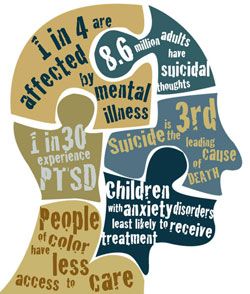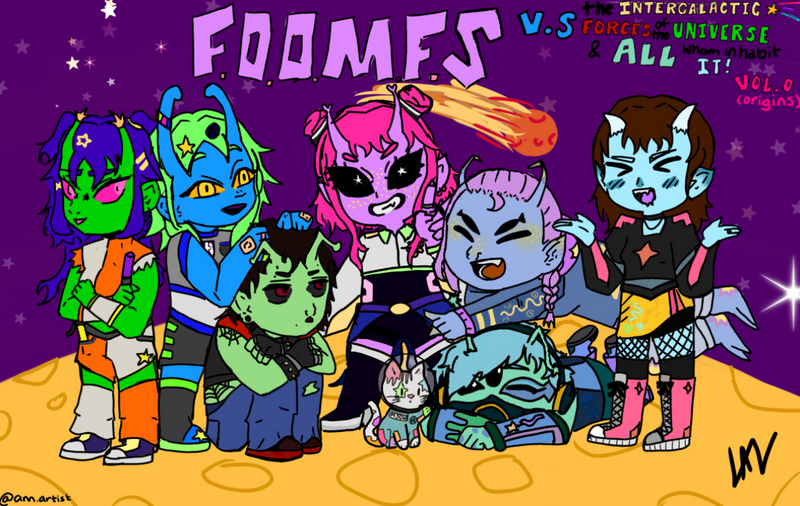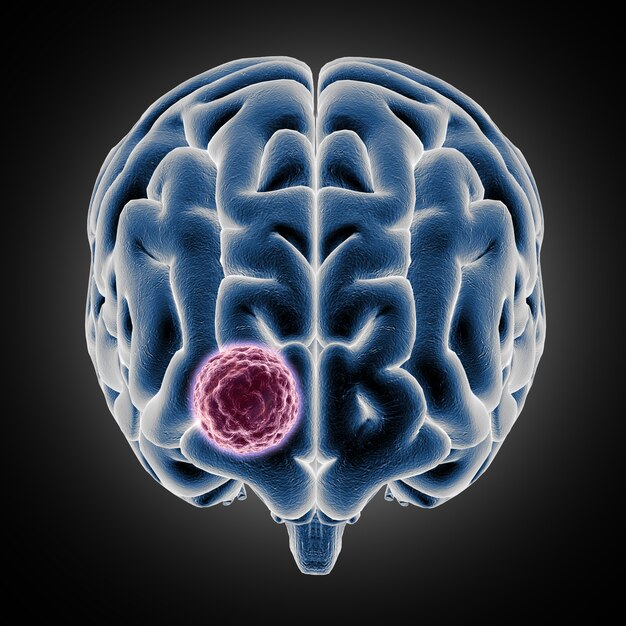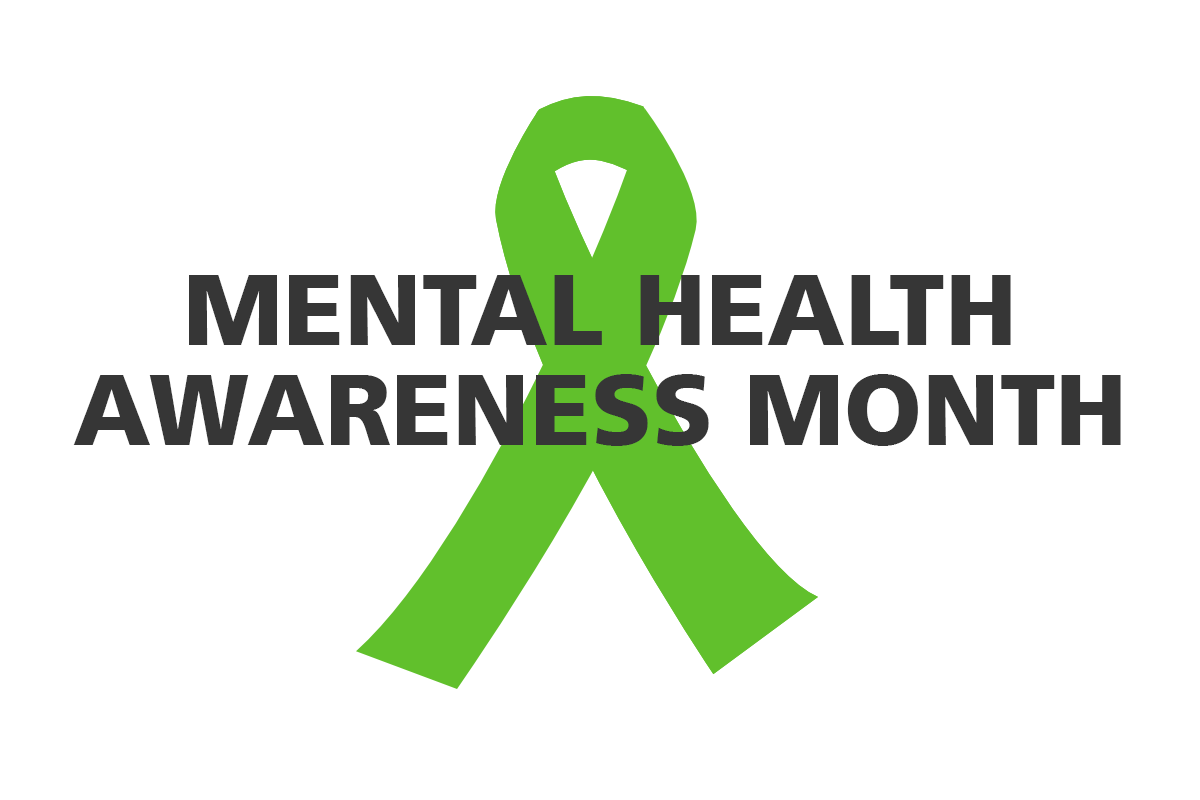Mental Health Awareness Month
May 4, 2017
Each year, millions of Americans face the harsh reality of living with a mental health condition. In May, the National Association for Mental Health spends the entire month dedicating its efforts to bringing awareness to these conditions. Every year there is a theme focused around their efforts. This year’s theme is “risky business”.Risky business is habits and behaviors that increase the risk of developing or exacerbating mental illnesses, or could be signs of mental health problems themselves. The main risk factors that affect teens are prescription drug misuse, internet addiction, excessive spending, marijuana use, and troublesome exercise patterns.
Prescription medications are an essential part of treating many health issues but when they begin to be misused they become the problem instead of the solution. Misuse is when a person uses a prescription drug that is not intended for them, or uses a prescription in a way that is different than how the doctor indicated. Last year in the United States alone, over 3.2 million people met the criteria for a prescription drug problem. People with this issue tend to stop participating in activities they used to enjoy, develop a tolerance, and misused prescriptions in dangerous situations. If you believe you or another is suffering from this addiction , please seek medical assistance and get help.
The Internet is an amazing tool that helps the way we live but when a person can’t find a balance between online and real life, it can cause problems for their mental health. People with this addiction tend to have trouble filling personal and professional obligations because of their online activities, and their use of the Internet causes strain on relationships with family and friends. There is five form of internet addiction – cybersexual, net compulsions, cyber relationships, gaming, and information seeking. With almost 88.5% of Americans having access to internet, the opportunities of becoming addicted rise. With this being an obsessive compulsive disorder there is no specific treatment when it comes to this but cognitive behavior therapy can help.
 Shopping is necessary to survive in the real world but when does it becomes an addiction. Compulsive buying is an uncontrollable desire to shop which results in spending large amounts of time and money on the activity. 5.8% of Americans have and will experience this within their lifetime. People with this disorder will spend any money they have left, buy things they cant afford, and pay the bare minimum with their credit card statement. Excessive spending can be a symptom of Borderline Personality Disorder. Compulsive buying is also driven by feelings of anxiety, depression or low self-esteem. Like Internet Addiction, this can be treated with cognitive behavior therapy and support groups which you can find at www.debtorsanonymous.org.
Shopping is necessary to survive in the real world but when does it becomes an addiction. Compulsive buying is an uncontrollable desire to shop which results in spending large amounts of time and money on the activity. 5.8% of Americans have and will experience this within their lifetime. People with this disorder will spend any money they have left, buy things they cant afford, and pay the bare minimum with their credit card statement. Excessive spending can be a symptom of Borderline Personality Disorder. Compulsive buying is also driven by feelings of anxiety, depression or low self-esteem. Like Internet Addiction, this can be treated with cognitive behavior therapy and support groups which you can find at www.debtorsanonymous.org.
With marijuana becoming increasingly legalized , the more common it is to find people who use it. While some maintain that there many medical benefits to marijuana, but recreational use of the drug, especially when the use begins to negatively affect one’s daily life, can lead to very serious health problems. Marijuana has been proven to increase the risk of developing psychotic disorders like schizophrenia and can cause symptoms of mental health problems like psychosis , anxiety , depression, and sleep disorders. While the drug is beneficial to those with PTSD or Anorexia, over using this drug can have lifelong consequences.
Exercise is a great way to stay fit and stay motivated. Its often beneficial for your health but when you exercise to an extreme it is no longer safe. Pushing yourself to hard can cause dehydration, fatigue, increased injuries, cartilage damage, arthritis, fractured bones, osteoporosis, irregular periods, reproductive issues, and even heart problems. Now you’re probably wondering how this relates to mental health? Well it can cause depression or withdraw symptoms if you miss a workout and can even show signs of an eating disorder. Exercise is a way of purging calories and 39% of eating disorder patients use workouts as a form of purge. To stay on the healthy side of exercise make sure you take rest days, eat enough to fuel your body, and remind yourself that a certain body type or weight will not automatically lead to happiness.
Sources:
https://www.nami.org/mentalhealthmonth
https://en.wikipedia.org/wiki/Mental_Health_Awareness_Month
http://www.mentalhealthamerica.net/may#ind






























